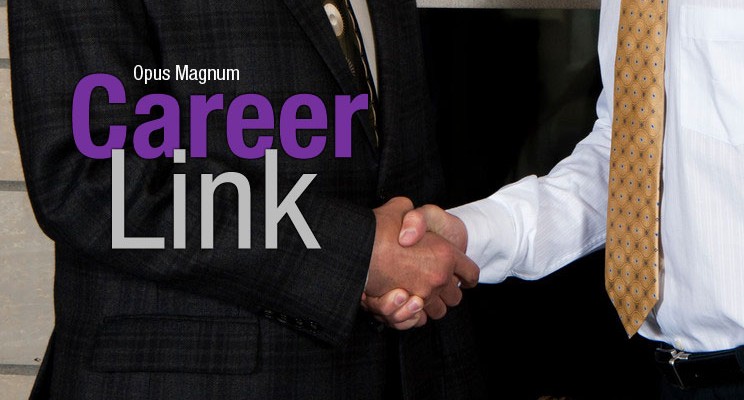
Joe Reardon of Versique
In only five years, almost one out of every three workers will be older than 55. The baby boom generation, representing the nearly 80 million Americans born between the years of 1946 and 1964, will retire in record numbers over the next 15 years and many fear that corporate America is ill-prepared to handle this “silver tsunami.”
In the spirit of full disclosure, I am a proud baby boomer who has the pleasure of working with a fantastic company comprised primarily of younger employees. Though perhaps not statistically representative of corporate America, I consider myself to be very fortunate to have direct access to the fresh perspective these young professionals offer, while still offering my own generation’s workplace perspective. As long as I’m fortunate enough to work for a company with a culture that aligns with my core values, I will continue to work. Others in my generation will as well.
In 2011, the first wave of boomers reached age 65. Now, approximately 11 million Americans reach retirement age each and every day. This is merely a matter of math. The real challenge for all companies is to accurately estimate and react appropriately to how many of these folks will actually retire when they reach the age of 65. The companies that make the changes necessary to retain and attract top talent from the baby boom generation will be best positioned for success.
Here’s what we know about the boomer and millennial generations:
- Work ethic: One of the most predominant characteristics of baby boomers is an incredible work ethic; working in excess of 60 hours is commonplace. When most boomers hear “retire,” they think, “Retire and do what?” To many boomers, the thought of gradually working less to allow themselves to focus on other endeavors is more appealing.
- Skill gap: Boomers have ample business knowledge and management skills, and companies will soon begin to realize that they cannot afford to lose these skills as the result of a mass exodus during such a short period of time.
- Demand for tech expertise: As companies become increasingly tech savvy, they need individuals who will bring that skill set to the table. Millennials have grown up with technology, and thus quickly adapt to technology in the business space.
- Millennial mentoring: Boomers and millennials are a natural fit for mentorship. If companies focus on having boomers mentor millennials, they can soften the blow of the silver tsunami and retain characteristics of both generations.
So what will be the most significant challenge for organizations competing for top talent? It is linking the idea of retaining both millennials and baby boomers. Organizations will need both to thrive. It's time to throw out the stereotypes about an aging workforce and develop strategies to effectively deal with the demand for top talent and to strategically fill critical vacancies. Companies must ask themselves if their environments and cultures are attractive to both baby boomers and millennials and implement proactive programs that attract all generations.
You don’t have to look far to find companies who are doing it right. Fortune’s “Best Companies to Work For” list had Google and the Boston Consulting Group in the top two spots for 2015. The laundry list of benefits provided to the employees of these firms are attractive to all generations:
- Proactive Talent Acquisition Strategies.
- Training, Education, and Mentoring Programs
- Redesign of Roles and Responsibilities
- Flex-time and PTO (I realize that this may be a very sensitive area, but employees have demands on their time outside of work. Whether it’s to attend to the needs of an aging parent or perhaps to young children, the reality is that life happens, regardless of generation.)
- Telecommuting Policies
- Workplace Ergonomics
Providing a culture that attracts a diverse workforce will be the key to surviving the silver tsunami, regardless of the force of its impact. No one knows when it will hit and to what extent, but proactive companies with environments that fosters employee engagement will not only position themselves to survive, but to thrive.
Joe Reardon is the managing director of Finance & Accounting Executive Search at Versique. He is an alumni of St. Thomas ‘78, ‘93 M.I.M., and can be reached at jreardon@versique.com. To learn more about how Joe helps companies - including public, private, multinational, high-growth, turnaround, start-up and Fortune 500 - hire critically important senior leadership, visit www.versique.com.







